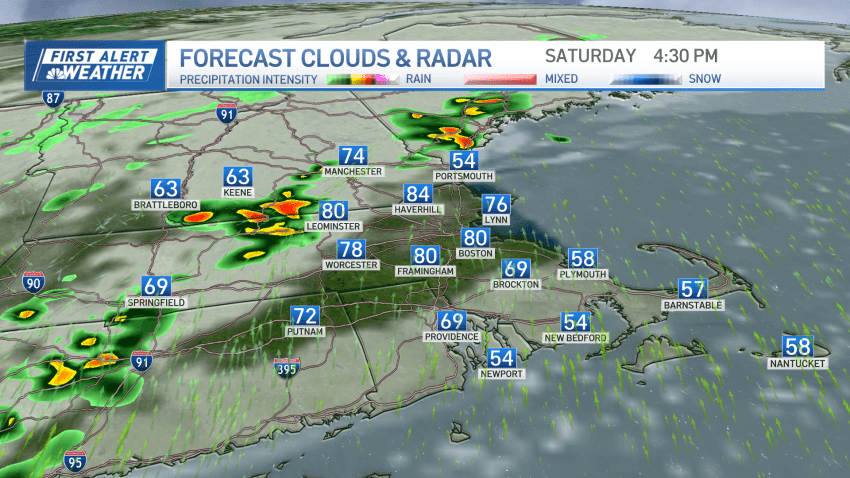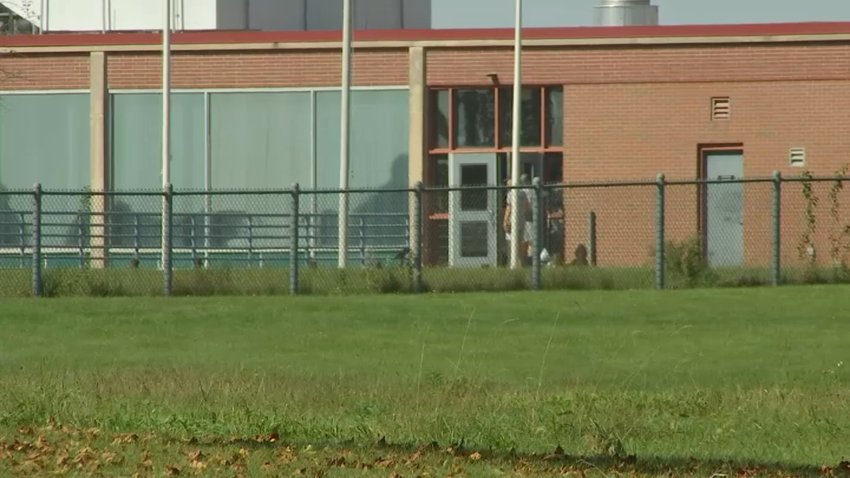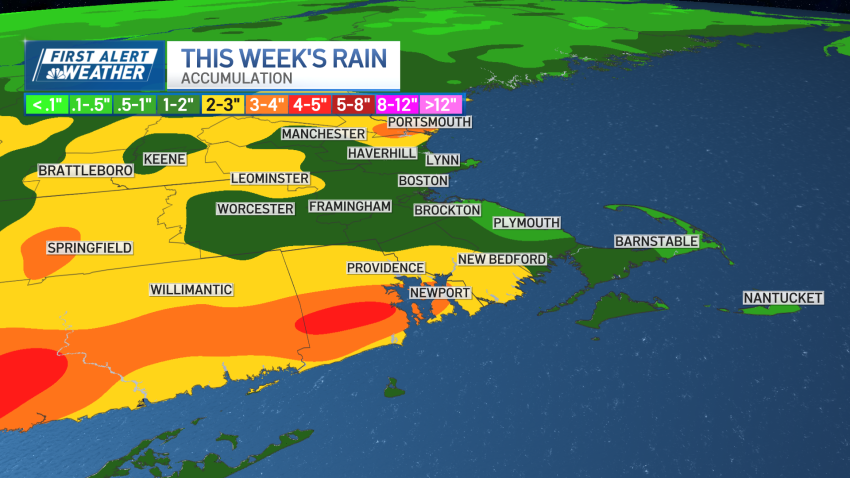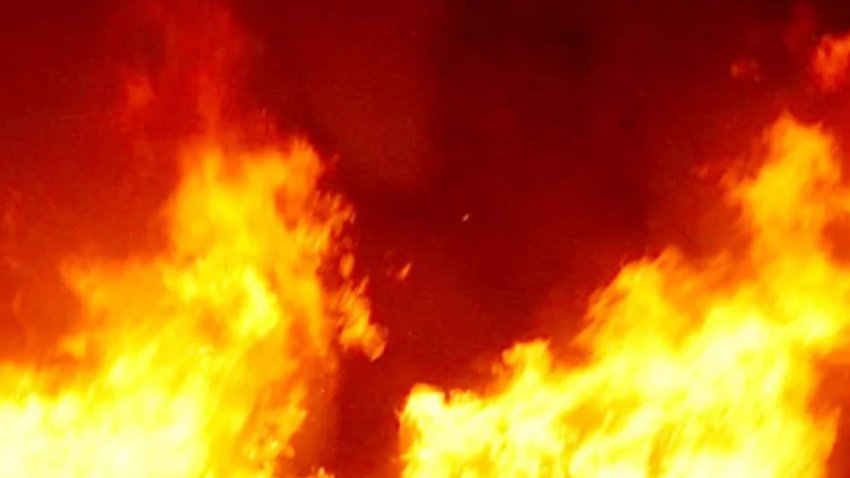

The Latest
-

Storm knocks out power, downs trees, delays flights across Mass.
With a storm system causing heavy winds in Boston and across New England Saturday, thousands of people were without power.
-

Driver dies when MBTA train hits his pickup truck in Cohasset, police say
An elderly man died when his pickup truck was hit by an MBTA train in Cohasset, Massachusetts, on Saturday, police said.
-

Severe thunderstorms hit Boston, much of New England
More severe thunderstorms will develop Saturday afternoon and will head towards Boston by the evening
-

Motorcyclist seriously hurt in crash on wet Tewksbury road
A man was seriously hurt when his motorcycle crashed Friday evening in Tewksbury, Massachusetts, Friday evening, police said.
-

Jaylen vs. Jalen could be marquee matchup in Celtics-Knicks showdown
Celtics wing Jaylen Brown could play a crucial role in containing Knicks superstar Jalen Brunson during this second-round series, writes Chris Forsberg.
-

Drunken driver hits Mass. State Police cruiser on I-93 in Milton, police say
A drunken driver was arrested after a crash into a Massachusetts State Police cruiser on Interstate 93 in Milton early Saturday morning, officials said.
-

Severe storms possible on summer-like Saturday
The weekend isn’t a washout, but we are dodging a few drops.
-

One person killed in 4-car crash on Route 28 in Reading, police say
One person is dead after a driver allegedly ran a red light on Route 28 in Reading, Massachusetts, Friday night, causing a chain reaction crash that involved four cars.
-

Frederick ‘Flips' Richard appears to break world backflip record
Olympic gymnast and Stoughton, Massachusetts, native Frederick Richard had his sights set on a world record for a good cause.
-

Emmanuel College worker accused of soliciting underage applicant for sex
Jacob Henriques, an assistant admissions director at Emmanuel College in Boston, is facing a federal charge of attempted sex trafficking of a minor
-

Push to reopen popular Cape Cod beach is an uphill battle
Marconi Beach in Wellfleet, Massachusetts, has been closed since the stairs were wiped out during a nor’easter in September
-

Mass. State Police chief: ‘Tremendous' respect for outside agency reviewing academy
Massachusetts State Police Col. Geoffrey Noble praised the IACP, which was selected to assess the academy’s curriculum and training methods, one of the changes following the death of Enrique Delgado-Garcia
-

1 in custody in car-to-car shooting during morning rush in Taunton
A vehicle was shot twice in a car-to-car shooting Friday morning in Taunton, Massachusetts, police said. A person suspected to be involved was taken into custody elsewhere, on other charges, and is expected to be charged in the roughly 8:21 a.m. shooting in Taunton, local police said. They were still investigating what led to the shooting as of Fri...









